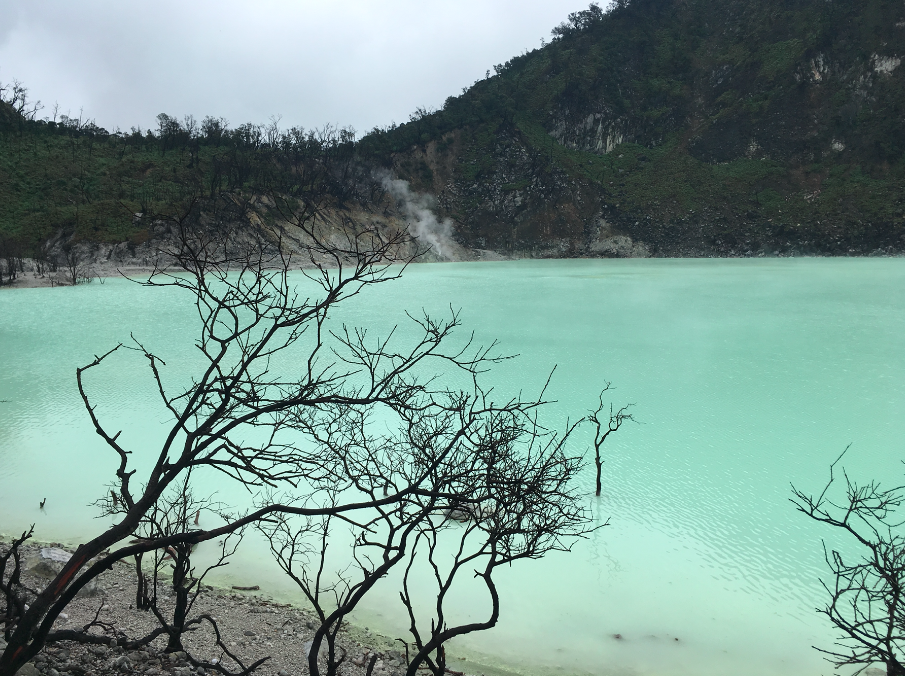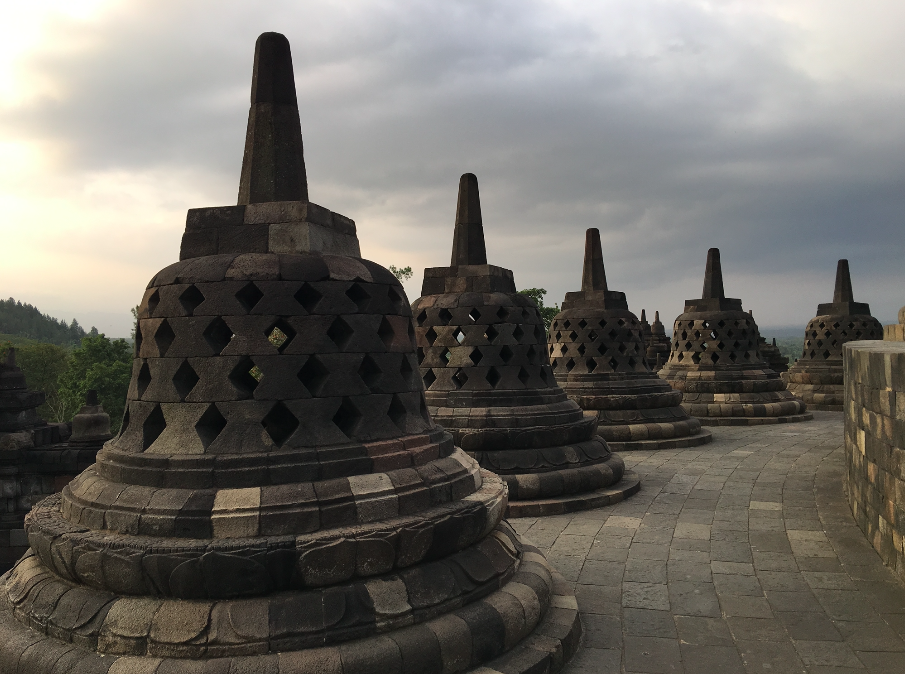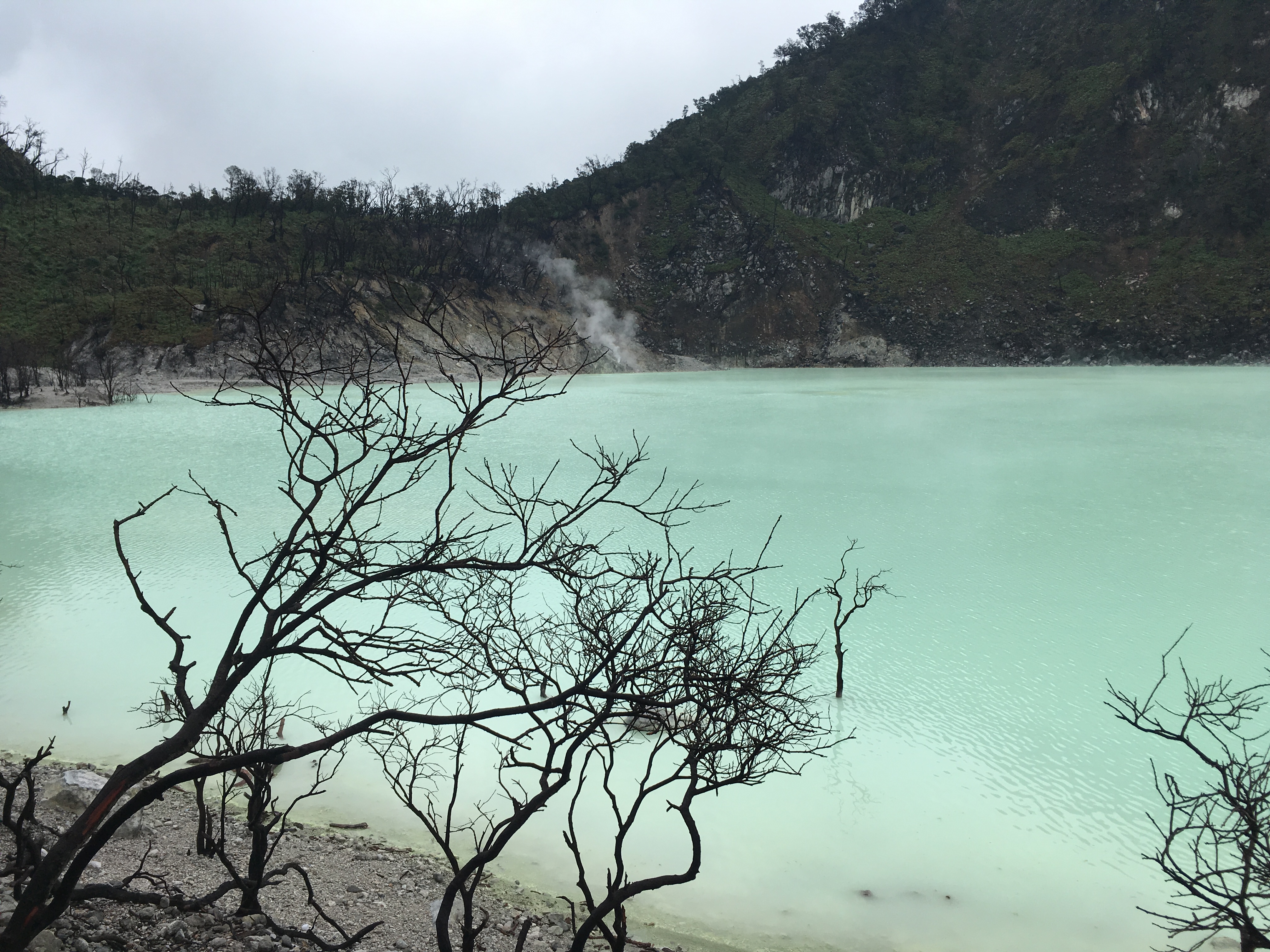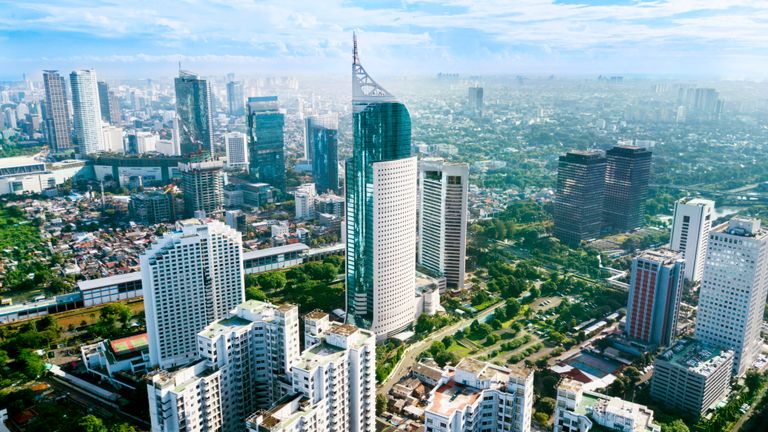
Located some 150km southeast of Jakarta, the capital of Indonesia’s West Java province has a quaint atmosphere that suits the tastes of the adventurous. With a population of approximately 2.6 million, Bandung has a laid-back lifestyle that is different from the country’s capital with all its hustle and bustle.
Just a two-hour drive (if there is no serious traffic congestion) from Jakarta puts you within reach of Bandung’s crisp mountain air, historical buildings, fusion food and great factory outlet shopping. It is no wonder the city folks of Jakarta hit the road so often for a weekend getaway to Bandung.
Dubbed the Paris of Java, Bandung has a mix of European elements that blend with Eastern culture. As we drive around, we witness the presence of historical buildings that maintain the city’s aesthetic value.
Literally meaning ‘Independence Building’, the Art Deco-styled Gedung Merdeka was the venue for the momentous 1955 Asian-African Conference. Today, it serves as a museum displaying the conference’s related historical artefacts.

On the same street is Bandung’s oldest hotel. Originally built in 1870 as Societeit Concordia, the hotel was revamped and expanded in 1937. Upon completion in 1939, the name was changed to Savoy Homann. Featuring Dutch Art Deco-colonial architecture, the historic hotel is perfect for those seeking a laid-back sanctuary.
Braga Street was the most famous address during the golden age of the Dutch Indies. Today, the street can be seen as an outdoor museum of architectural styles. Going downtown, the Gedung Sate (Satay Building) is an iconic building with a mix of neo-classical style and native elements. It now serves as the office of West Java province’s governor. The design of the building’s central pinnacle evokes the shape of Indonesia’s sate dish. In 1925, it was the only big building in the town of Bandung. An old bakery on the same street named Roti Sumber Hidangan serves authentic Dutch cakes, breads and hot beverages.

Bandung is also dubbed the City of Flowers owing to her beautiful landscape. On the way to Lembang, the highest point of Tangkuban Perahu mountain, you can visit Dago Tea House. This cultural park is a tea plantation featuring a restaurant serving authentic Sundanese cuisine and also its own brand of tea.
While enjoying the beauty of the panoramic landscapes, we tried Sundanese teh po ci (hot tea from a clay teapot), bandrek and bajigur. The last two are traditional drinks made from various local ingredients that warm your body. The drinks are also best paired with fried corn, which can be bought from the local street vendors on the way to Lembang.
Being a food paradise, Bandung offers foodies a fantastic choice, from street food stalls to fine-dining restaurants. There are also dozens of Chinese food restaurants for those missing Chinese food. One of the most famous is Queen, a semi fine-dining eatery that serves a variety of authentic Chinese dishes. And those in search of upscale Western dining should reserve a place at either The Wind Chime or The Peak.

Coffee lovers should not leave Bandung without paying a visit to Kopi Aroma. Located on the corner of Banceuy Street in the city’s old Chinatown, this Art Deco-style shop produces and sells arguably one of the best coffee blends in Bandung. The customised coffee blends are made using the same grinder machine and roasting tools that the father of the owner had once used since 1933.
Banding houses the country’s biggest jeans and garment industry, with some international brands centralising their production here. Cihampelas Street is the city’s oldest centre of factory outlet stores, selling the gamut from jeans, shoes, T-shirts, accessories to other apparel.

Many of Bandung’s factory outlets have gone upmarket. There are as many as 50 outlets spread over the city, selling goods which may have been rejected, having fallen short of export quality, but it is still considered wearable and good quality to me. Hence do hit the factory outlet stores to see if you can snap up a bargain.
Within the past 5 years, Bandung has experienced the mushrooming of shopping malls, lifestyle centres that house coffee shops, nightclubs and cafes that make the city so much more happening. Even though Indonesian Muslims can’t drink alcohol, they also know how to have a good time at the cafe, sipping a cup of coffee while playing board games or chatting with their friends. Those seeking family entertainment should go to Bandung Supermall, where Trans Studi, Bandung’s largest indoor theme park is located.



